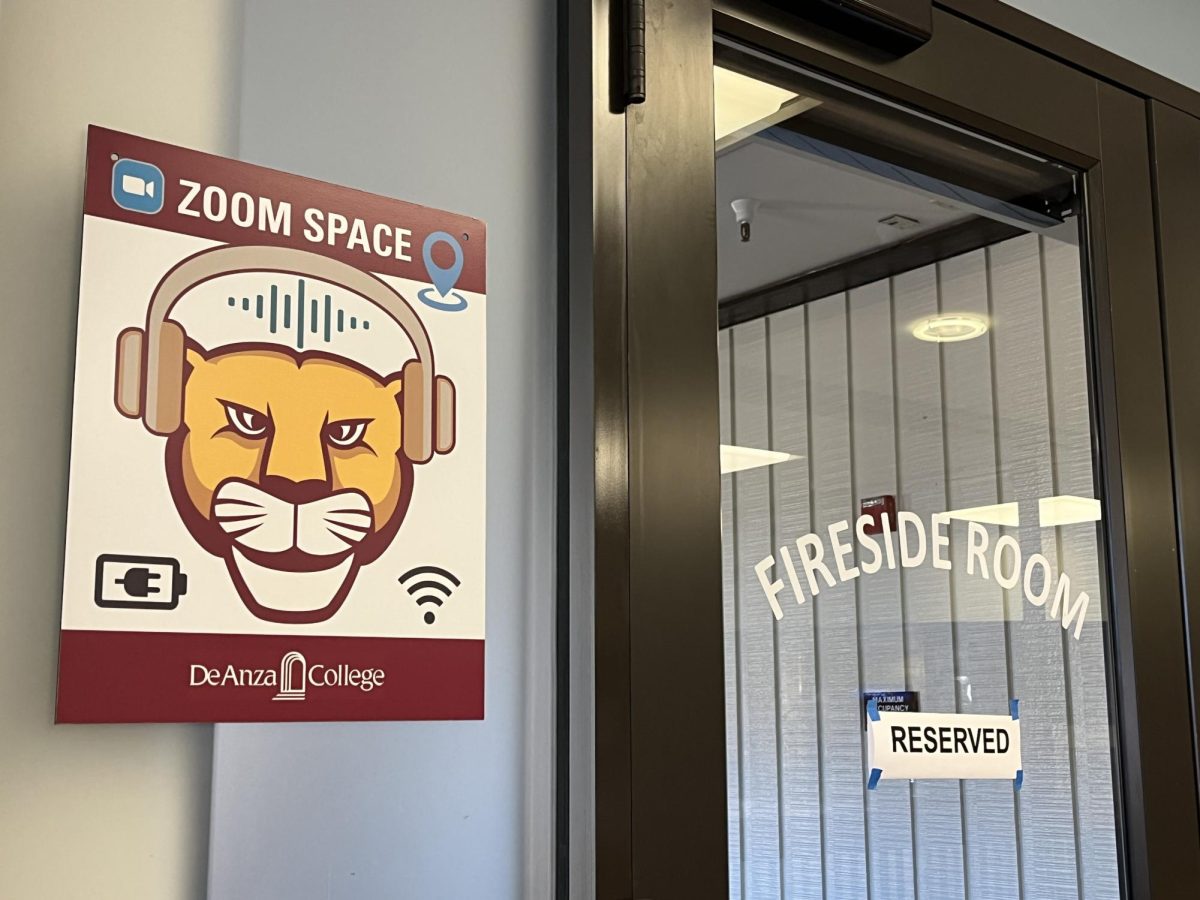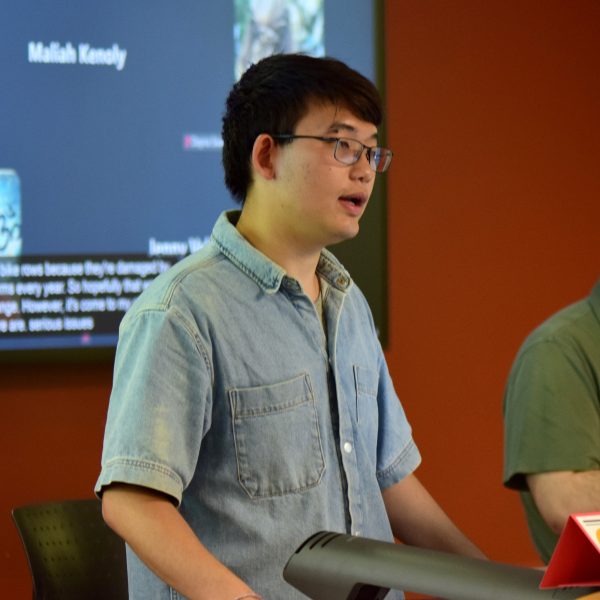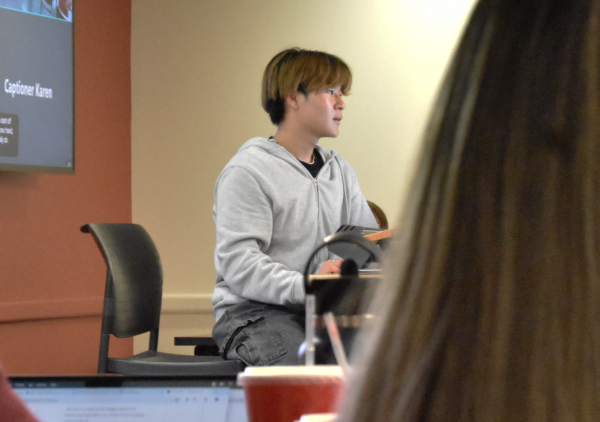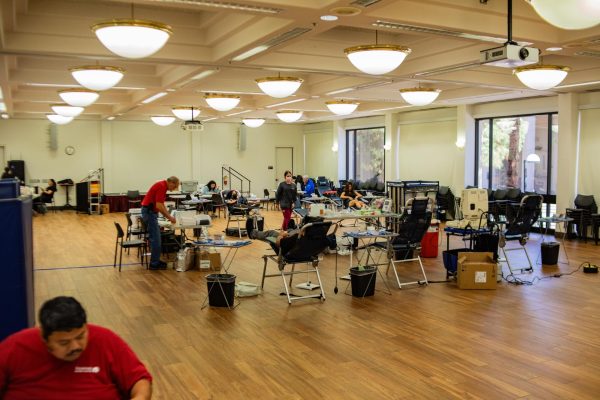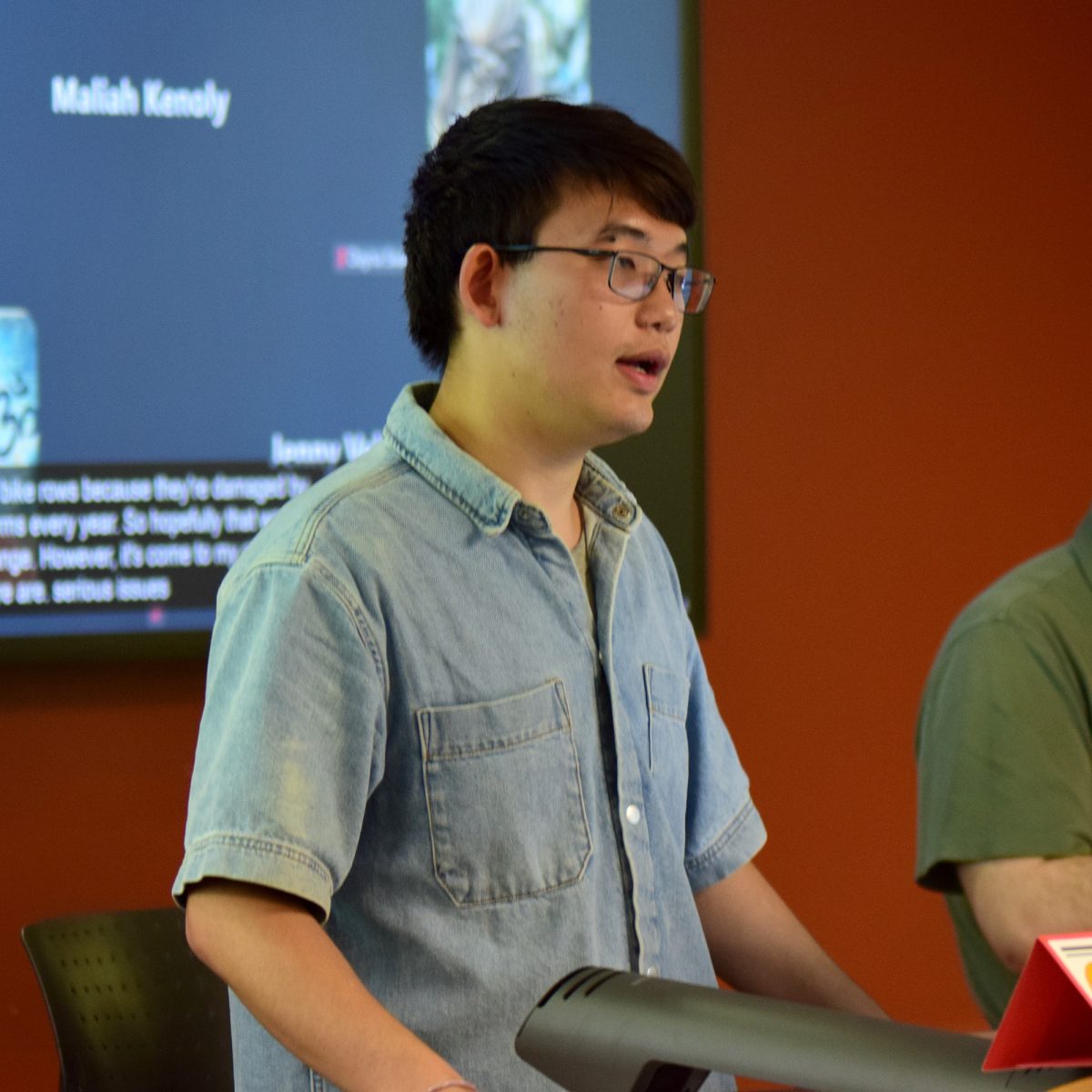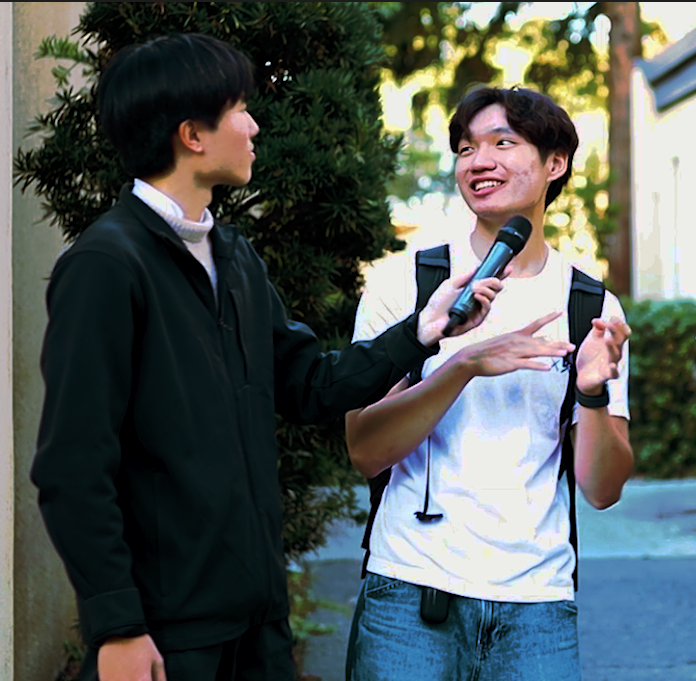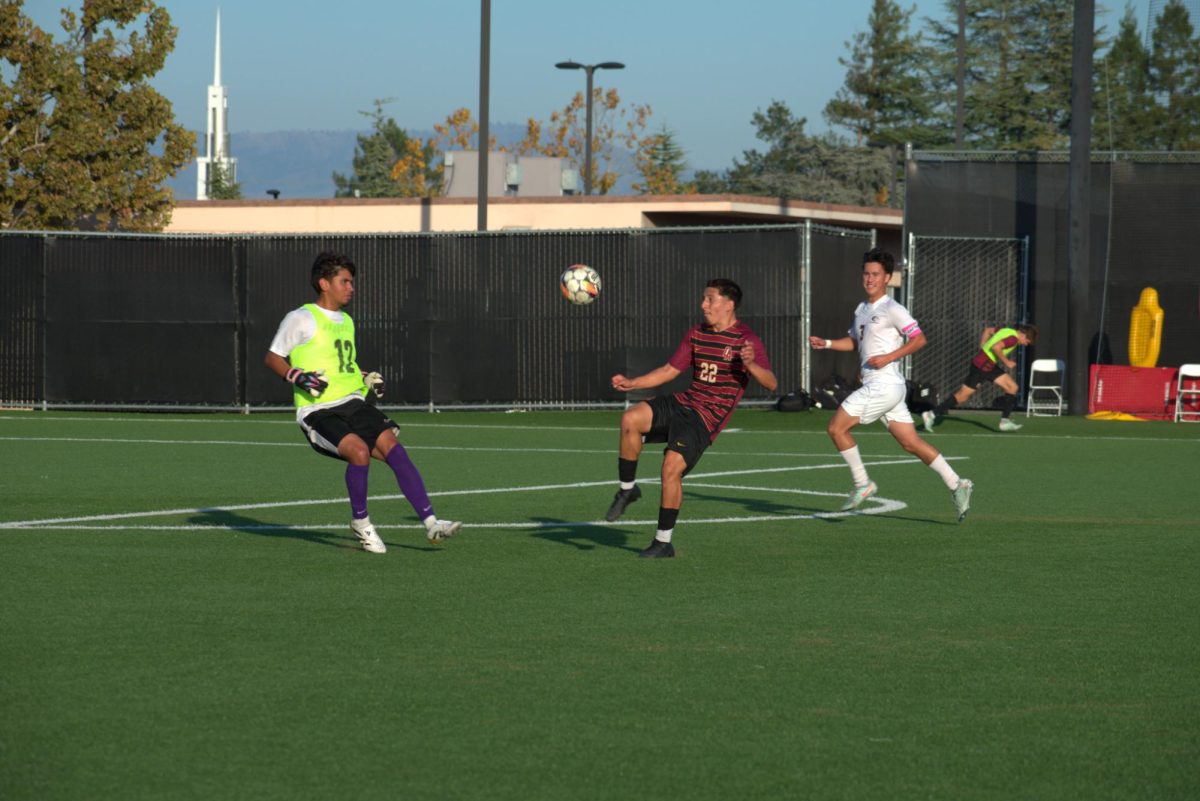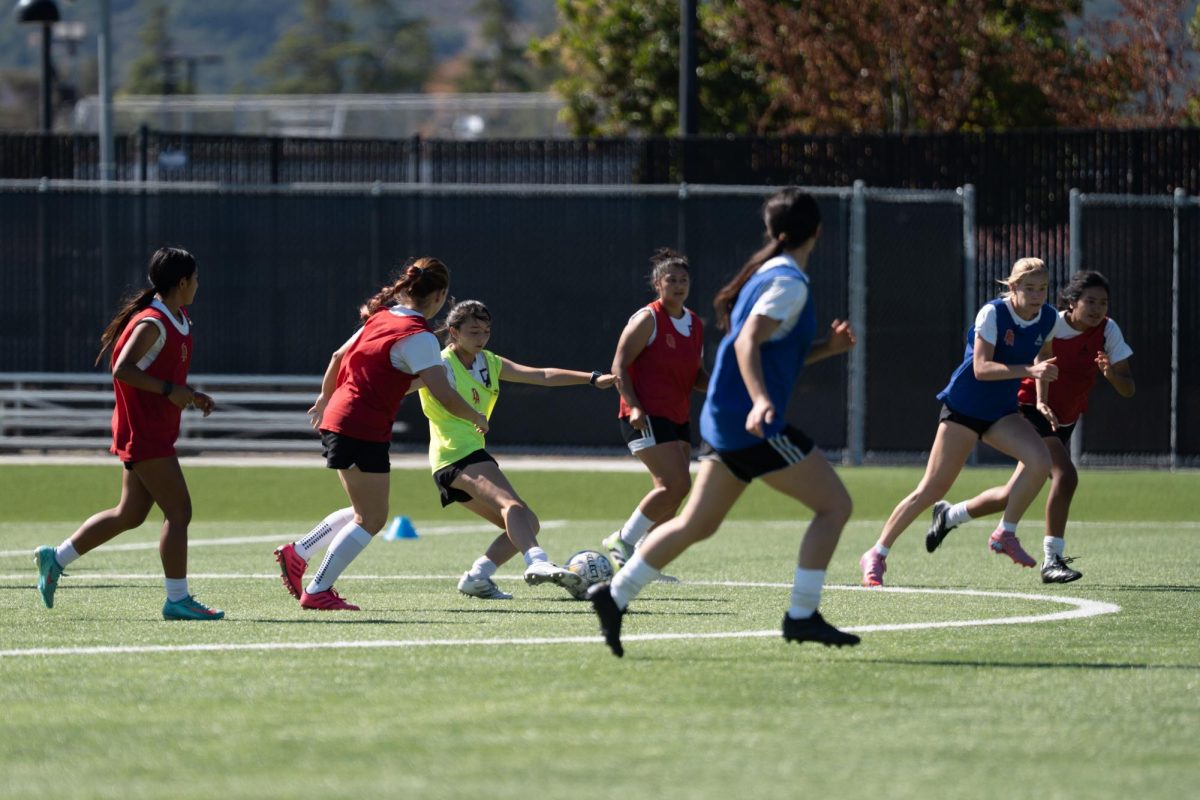Admission policies revisited for young students, students facing expulsion
May 28, 2019
The De Anza College academic senate discussed the possibility of allowing younger high school students to enroll and admitting students who have been expelled or are undergoing expulsion charges at the May 6 meeting.
The senate discussed these prospects in light of district updates to Admin Policy 5010.
Currently, De Anza only allows high school juniors and seniors to enroll in classes, while Foothill College allows all high school students to enroll.
Some De Anza professors said allowing younger students to enroll could have a positive impact on enrollment and help stop class cancellations.
Mary Pape, academic senate vice president, said professor Diana Ferrera wanted to teach an Italian class on the campus of Homestead High School, but was unable to due to lack of interest.
She said Ferrera would have been able to fill the class if freshmen and sophomores had been able to enroll in it.
Other local community colleges, such as Mission College, saw a boost in enrollment of over 100 students after allowing high school freshmen and sophomores to enroll.
English professor Brian Malone expressed concerns about bringing younger students into De Anza classes.
“I’d be uncomfortable with younger kids in my class, and it would affect the way I teach,” Malone said.
“It’s one thing to teach at the high schools and choose to do that, and another to have them on campus in my Queer Theory class.”
Another concern was the health and safety of younger students on campus.
“There are a lot of issues to address, which is probably why this has never been revisited,” said academic senate President Karen Chow.
The senate agreed to revisit the issue at a later date.
The senate discussed the language the district used in the terms of admission for students previously expelled from community colleges.
The bill states that admission may be denied for students who are undergoing expulsion charges or were expelled from a California community college within the past five years.
Communication professor Shagun Kaur asked if the same applies to students expelled from community colleges in other states, and if denying enrollment requires a student to have posed a physical danger.
The senate did not decide how the presence of physical danger is determined and if due process is violated by denying admission to students who have not been expelled yet.
Chow agreed to take the senate’s concerns to the district and attempt to clarify the issue before the changes are approved.









